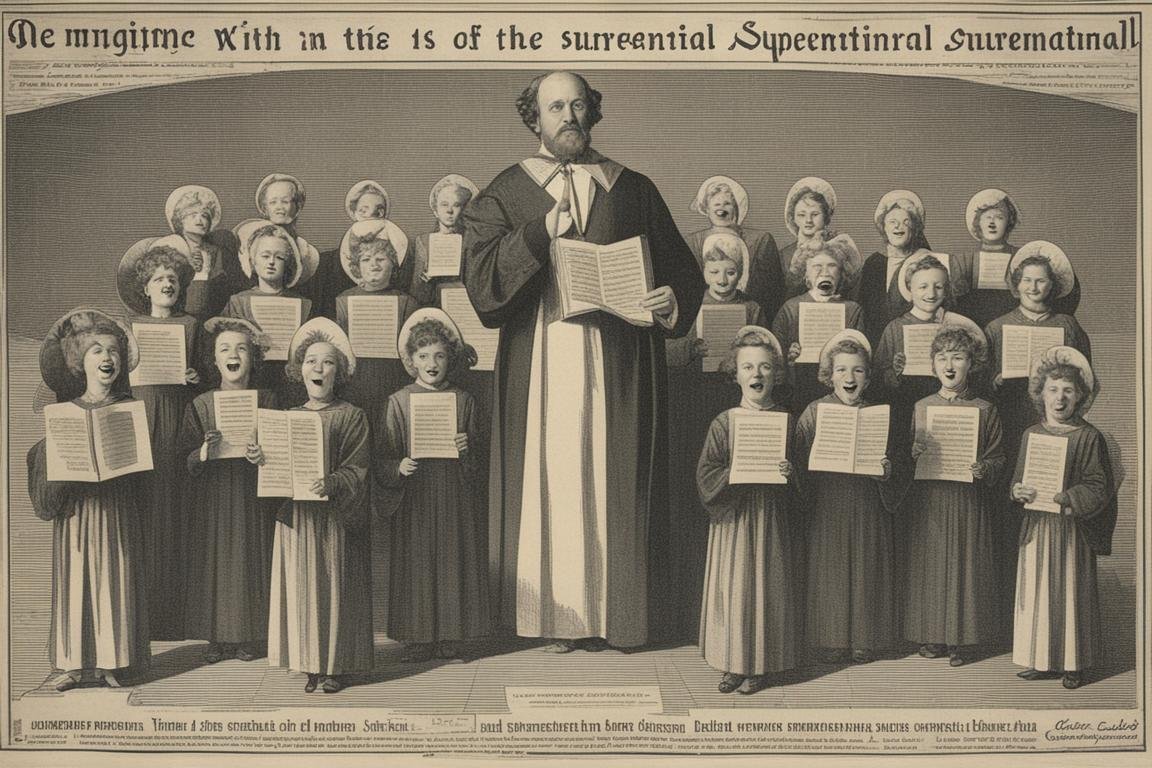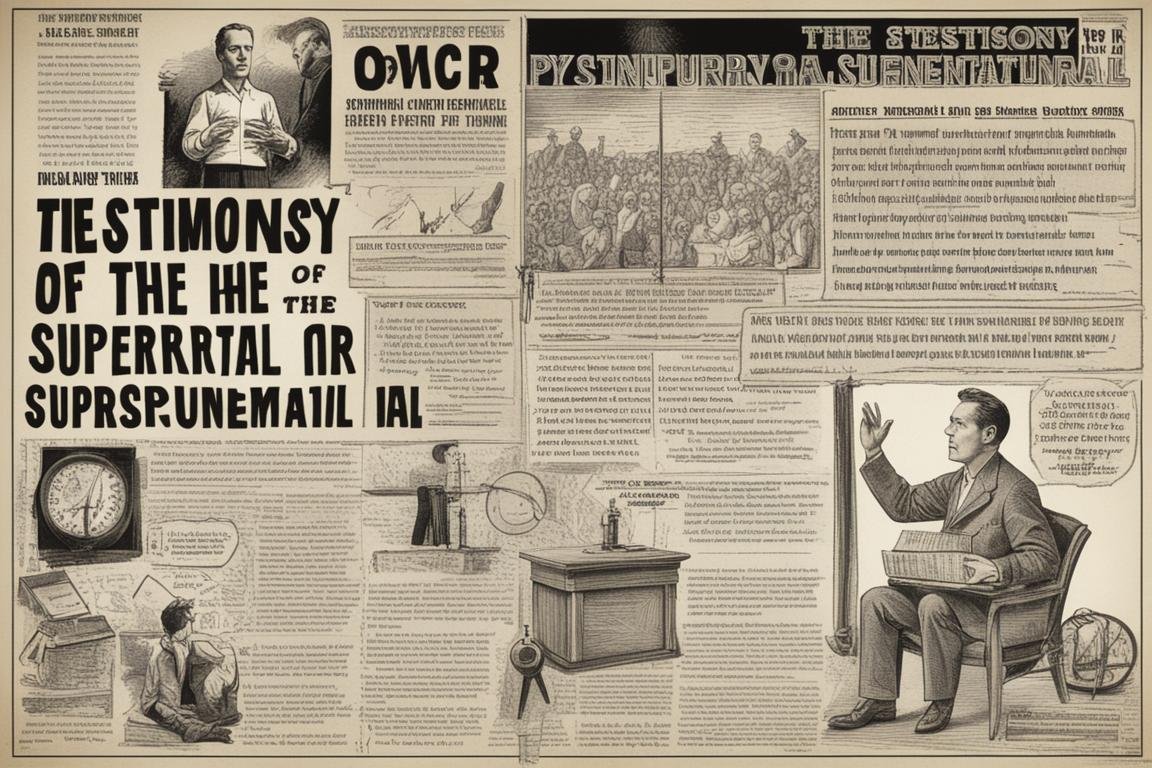The Power of Words: How Words Shape Our Reality
Have you ever paused to consider the weight your words carry? In a world saturated with digital communication and fleeting interactions, it’s easy to overlook the profound impact our words can have. Yet, it’s undeniable: what we say, how we say it, and the words we choose possess an incredible power to transform our lives, relationships, and even the world around us. This exploration delves deep into the essence of words, drawing from personal anecdotes, expert insights, and diverse perspectives to illuminate how they sculpt our reality.
Learn how words shape reality
- Words can change lives, minds, relationships, and the world.
- In the Bible, God created the world, Jesus is the Word of God, and the Bible is the Word of God.
- In prayer, worship, and witness, using true, kind, and necessary words is powerful.
The Power of Words

Words are not merely tools for communication; they are the very building blocks of our inner and outer worlds. The phrases we utter or think can lift us to new heights or plunge us into despair. They can foster understanding and empathy or sow discord and division. Recognizing this power is the first step towards harnessing it for positive change.
Words have the power to change our lives.
I remember the first time I truly grasped this concept. It was a seemingly ordinary day, but a simple compliment from a stranger transformed it into one I would never forget. That moment of kindness, conveyed through a handful of words, shifted my perspective and boosted my self-esteem immeasurably. This personal experience underscores a universal truth: words have the potential to alter the course of our lives, often in ways we might not anticipate.
Words have the power to change our minds.
Words are the vehicles for ideas, capable of challenging our beliefs and expanding our understanding. Through books, speeches, and dialogues, words introduce us to new concepts, perspectives, and ways of thinking. They have the ability to dismantle prejudices, inspire curiosity, and ignite a thirst for knowledge. The power of words to change minds is not just theoretical; it’s a tangible force that has shaped the course of history.
Words have the power to change our relationships.
Communication is at the heart of all relationships, and words are its lifeblood. They can build bridges or erect walls between us. The phrases “I love you,” “I’m sorry,” and “Thank you” hold immense power to deepen connections, heal wounds, and express gratitude. My own relationships have been profoundly impacted by both the words I’ve chosen to share and those that have been shared with me. This aspect of words’ power is perhaps the most immediately tangible in our daily lives.
Words have the power to change our world.
On a global scale, words have sparked revolutions, forged peace, and driven social change. Speeches that resonate with truth and justice have the power to mobilize masses, alter policies, and reshape societies. The right words at the right time can change the world, a fact evidenced by the lasting impact of leaders and thinkers whose words continue to inspire generations.
The Power of Words in the Bible

The Bible offers profound insights into the power of words, presenting them as a divine tool for creation, guidance, and transformation.
God created the world with words.
According to Genesis, the universe was spoken into existence by God’s command. This biblical narrative highlights the creative power of words, suggesting that they can bring forth life, beauty, and order from nothingness.
Jesus is the Word of God.
The Gospel of John introduces Jesus as the Word made flesh, underscoring the living, transformative power of God’s words. Jesus’ teachings, parables, and commands illustrate how words can guide, enlighten, and change hearts.
The Bible is the Word of God.
For believers, the Bible serves as a testament to the enduring power of divine words. Its verses offer comfort, instruction, and hope, demonstrating how words can sustain faith, foster growth, and inspire action across centuries.
The Power of Words in Prayer

Prayer is a profound dialogue that illustrates the power of words to connect us with the divine, to express our deepest desires, and to manifest change in our lives and the lives of others.
Pray with words that are true.
Authenticity in prayer brings us closer to the truth of our own hearts and to God. Speaking truthfully in prayer fosters a deeper spiritual connection and personal integrity.
Pray with words that are kind.
Kindness in prayer extends compassion to ourselves and others. It reflects a spirit of love and empathy, embodying the divine command to love our neighbors as ourselves.
Pray with words that are necessary.
Prayers that focus on what is truly necessary strip away the superficial, guiding us towards the essence of what we seek. This principle encourages a contemplative approach to prayer, emphasizing quality over quantity.
The Power of Words in Worship

Worship through song and praise exemplifies how words can elevate the spirit, unite communities, and express devotion.
Sing with words that are true.
Worship that resonates with personal and collective truth has the power to deeply move and connect us. Singing truths allows for an authentic expression of faith and identity.
Sing with words that are kind.
Songs of worship that spread kindness uplift the soul and foster a sense of belonging and community. They mirror the kindness of the divine, inviting us to partake in its grace.
Sing with words that are necessary.
Choosing hymns and songs that convey essential truths and sentiments ensures that worship remains focused and impactful. This principle champions substance over spectacle, enriching the worship experience.
The Power of Words in Witness

Bearing witness through words allows us to share our stories, spreading hope, faith, and inspiration.
Share your story with words that are true.
Authenticity in sharing our journeys encourages others to reflect on their own paths and can light the way for those seeking guidance.
Share your story with words that are kind.
Kindness in our narratives fosters empathy and connection, reminding us of our shared humanity and the power of compassion.
Share your story with words that are necessary.
Focusing on the essential elements of our stories ensures that the messages we convey are clear, relatable, and impactful.
The Power of Words in Your Life

Incorporating the principles of truth, kindness, and necessity into our daily use of words can transform not only our personal lives but also the world around us.
Use your words to tell the truth.
Embracing truth in our words builds trust, integrity, and authenticity. It challenges us to live in alignment with our values and beliefs.
Use your words to be kind.
Kindness in our language creates a ripple effect, spreading positivity and compassion. It has the power to heal wounds and bridge divides.
Use your words to make a difference.
Choosing words that matter, that advocate for change, and that inspire action can leave a lasting impact on our communities and the world.
Conclusion
The power of words transcends the boundaries of personal influence, weaving through the fabric of relationships, communities, and societies to shape our collective reality. As we navigate the complexities of the world, let us be mindful of the words we choose, recognizing their potential to hurt or heal, to divide or unite, to diminish or empower. By embracing the principles of truth, kindness, and necessity in our words, we can forge a path towards a more compassionate, understanding, and connected world.
For further exploration on the transformative power of words, visit our sitemap at /index.php?xml_sitemap=params=main;html=true.
Common Questions
Who studies how words shape our reality?
Experts in the Physics of the Supernatural explore this concept.
What is the impact of words on our reality?
Words have the power to influence our perception of reality.
How do words shape our reality in physics?
Words can alter energy frequencies and manifest outcomes.
Can words really change our reality?
Yes, the vibrations of words can affect our surroundings.
What if I don’t believe words shape reality?
It’s okay to have skepticism, but research supports this idea.
How can I experience the power of words myself?
Try affirmations or positive self-talk to witness their impact.







